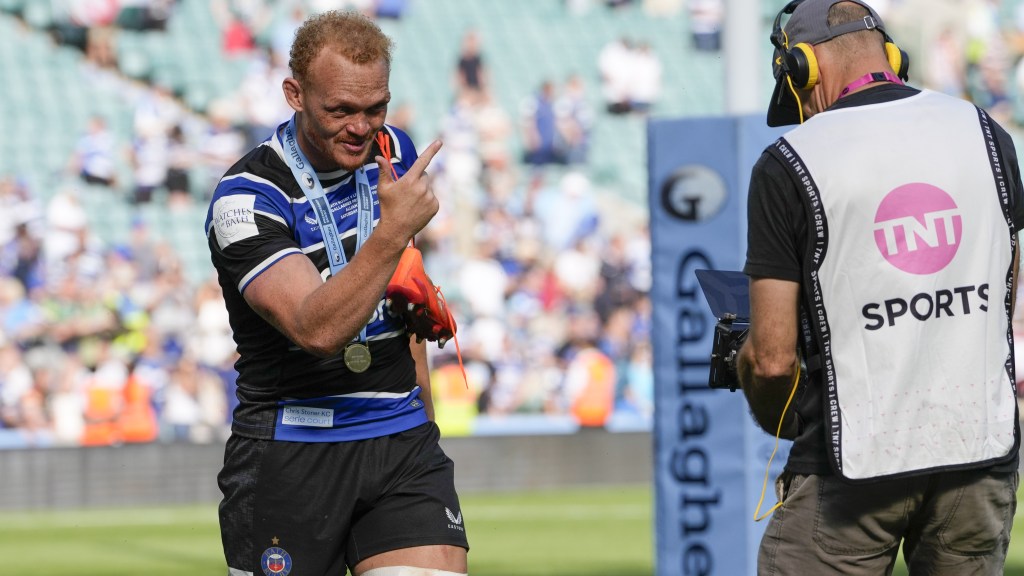Decrease in Young Viewership for Tennis and Rugby, Ofcom Report Indicates
A recent report by the broadcasting regulator Ofcom highlights a significant decline in young audiences for tennis and rugby coverage.
While sports such as football, basketball, and athletics have seen an uptick in interest among the 18 to 34 demographic over the past five years, tennis and rugby are facing troubling trends, according to insights from Ampere Analysis.
Specifically, viewership for tennis among 18 to 34-year-olds has decreased from 13 percent in 2019 to 10 percent today, and interest in rugby has fallen from 7 percent to just 5 percent. Comparatively, for the 35 to 54 age group, viewership for tennis remained stable at 15 percent, while rugby saw a slight drop from 13 percent to 12 percent.

This report emerges amid discussions between the All England Club and the BBC regarding the extension of broadcasting rights for Wimbledon, which are set to expire after the 2027 championships. The BBC has been the exclusive broadcaster for Wimbledon since 1946, with no other competitors reportedly vying for the rights.
According to the report, football continues to dominate among younger viewers with 26 percent expressing interest, marking an increase since 2019. In contrast, both rugby and tennis have experienced notable declines in interest within this age group.
For individuals aged 35 and older, interest in sports remains significantly higher, with football viewership climbing from 30 percent to 34 percent. This age group is also more inclined to watch sports on traditional television rather than online platforms. There is a pressing concern that the waning interest in sports among younger viewers may persist as they age.
The UK sports rights market has stagnated since 2021, impacted by the rise of entertainment services like Netflix that compete for audience attention, alongside declining advertising revenue, a frozen BBC licence fee, and a lack of new market entrants.
Despite an overall 11 percent drop in viewers tuning into traditional TV channels since 2010, live sports continue to captivate audiences, suggesting they remain a key draw for linear television.
Ofcom’s report forms part of a consultation process related to the Listed Events rules, which mandate that certain sports events be broadcast live by public service channels like the BBC, ITV, or Channel 4.

While major events such as the men’s and women’s football World Cups, the European Championships, and Wimbledon finals are not expected to be affected, it is likely that the online platforms of these broadcasters will be granted the same priority as traditional TV, enabling events like a World Cup match to be exclusively available on BBC’s iPlayer.
There is also a consideration for redefining what constitutes “live coverage” to potentially encompass viewers who start watching a stream post-start time and opt to watch from the beginning.
Ofcom mentioned in its consultation document that many stakeholders support including features like “watch from the start” as part of the definition of live coverage, a view endorsed by the public service broadcasters.
Additionally, ITV cautioned that allowing such features could enable competitors to undermine traditional live broadcasts, suggesting a need for balance in policy. Meanwhile, Channel 4 has advised Ofcom to recognize that viewing a live stream on delay aligns with live coverage standards.




Post Comment